What is Globalization?
Globalization is the process in which businesses and other entities create international influences and start operating on a global scale. As companies become larger and recognize opportunities that are extra-national, they will proceed to extend and integrate cross-border international trade, investment, and culture. This may mean establishing partnerships and exportation with foreign companies and countries.
What is The Wealth Gap?
The wealth gap, or wealth inequality, is the unequal distribution of financial assets among residents of a country or globally. Wealth, in this circumstance, includes the values of houses, land, automobiles, valuables, businesses, savings, and investments. The most evident indicator of a wealth gap may be the Forbes list of 400 richest people. The top 0.6% of the world population holds 39.3% of the world's wealth.
P. & C. of Globalization
PROS
- Encourages free trade, which means cheaper goods.
- More trade means the potential for more jobs.
- Eliminates currency manipulation by opening the forex market.
- Open borders means potential for poor countries to develop
CONS
- It makes the rich richer and the poor poorer.
- Jobs are transferred to lower-cost areas.
- Politics are controlled by the rich.
- Diseases travel faster.
- Could lead to greater worker exploitation.
- Could leave a negative impact on the environment
Globalization|Wealth Gap
Similarities
- Globalization is positively correlated with the wealth gap. If globalization continues to occur, then the wealth gap will get wider and wider.
- Globalization makes the rich richer. In turn, the poor will receive high labour jobs.
- Globalization creates opportunities for the elite rich to amass money from international sources instead of just nationally.
Globalization|Wealth Gap
Differences
- Globalization is the spread of international business. While the wealth gap is the increasing distance between the rich and the poor.
- The wealth gap is evident mostly at an international scale. First world countries are far richer than third world countries.
- The wealth gap also exists at a national level.
Jeff Bezos
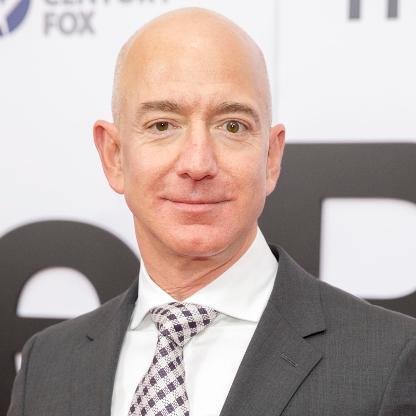
2018 BILLIONAIRES NET WORTH
$112B
Jeff Bezos is the founder and CEO of Amazon. He is male and aged 54. He lives in Seattle, Washington.
Bill Gates
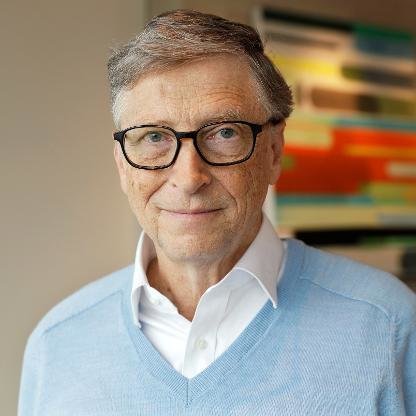
2018 BILLIONAIRES NET WORTH
$90B
Bill Gates is the founder of Microsoft. He is male and 62 years old. He resides in Medina, Washington.
Warren Buffett
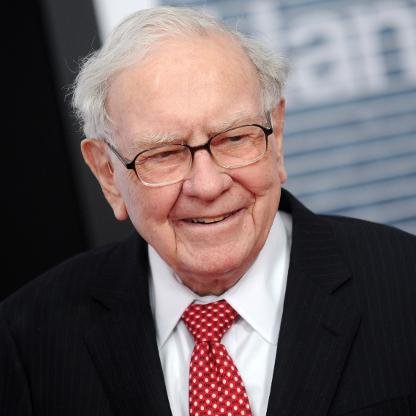
2018 BILLIONAIRES NET WORTH
$84B
Warren Buffet is the founder of Berkshire Hathaway. He is male and aged 87. He resides in Omaha, Nebraska.
Bernard Arnault
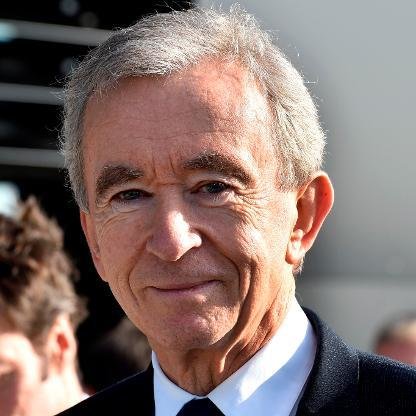
2018 BILLIONAIRES NET WORTH
$72B
Bernard Arnault oversees an empire of 70 designer brands. He is male and aged 69. He resides in Paris, France.
Mark Zuckerberg
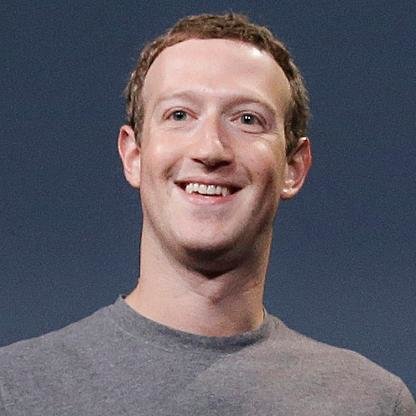
2018 BILLIONAIRES NET WORTH
$71B
Mark Zuckerberg is the founder and CEO of Facebook. He is male and aged 34. He resides in Palo Alto, California.
Amancio Ortega

2018 BILLIONAIRES NET WORTH
$70B
Amancio Ortega is the founder of Zara. He is male and 82 years old. He currently resides in La Coruna, Spain.
Carlos Slim Helu
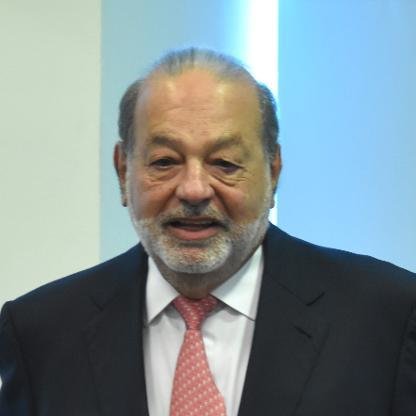
2018 BILLIONAIRES NET WORTH
$112B
Carlos Helu controls America Movil. He is male and 78 years old. He lives in Mexico City, Mexico.
Charles Koch
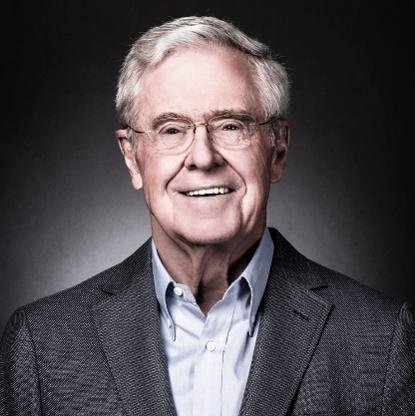
2018 BILLIONAIRES NET WORTH
$60B
Charles Koch is the CEO of Koch Industries. He is male and 82 years old. He resides in Wichita, Kansas.
Bill Gates: With his wife, Bill Gates chairs the Melinda Gates Foundation, the world's largest private charity. The foundation works to save
Warren Buffet: He has committed to give away 99% of his fortune to charity. He already has given nearly $32 billion away, mostly to the Gates Foundation.
Mark Zuckerberg: Mark and his wife, Prisciilla Chan, plan on giving away 99% of their Facebook stake over their lifetimes.
Charles Koch: Koch funded a number of think tanks such as Cato Institute, The Heritage Foundation, and the American Enterprise Institute.
Affect
How does globalization affect
Globalization affects the wealth gap by increasing it. Globalization is when companies spread into international territory and expand their profits. This means that wealth is being spread to the top .1%, those who own the companies. This causes wealth from the poor to siphon into the rich and thus creates a larger wealth gap.
Affect
How does wealth gap affect globalization?
The wealth gap affects globalization as well. When the wealth gap increases, there is cheaper labour in where there is low wealth. On the other hand, the consumer base also grows. These consumers will buy more and thus globalization will expand even more.
Something that myself, my friends, and my family might take for granted is that we are in the top one percent of
SJ12 - What is Globalization?
By Chris Wong
SJ12 - What is Globalization?
- 412



